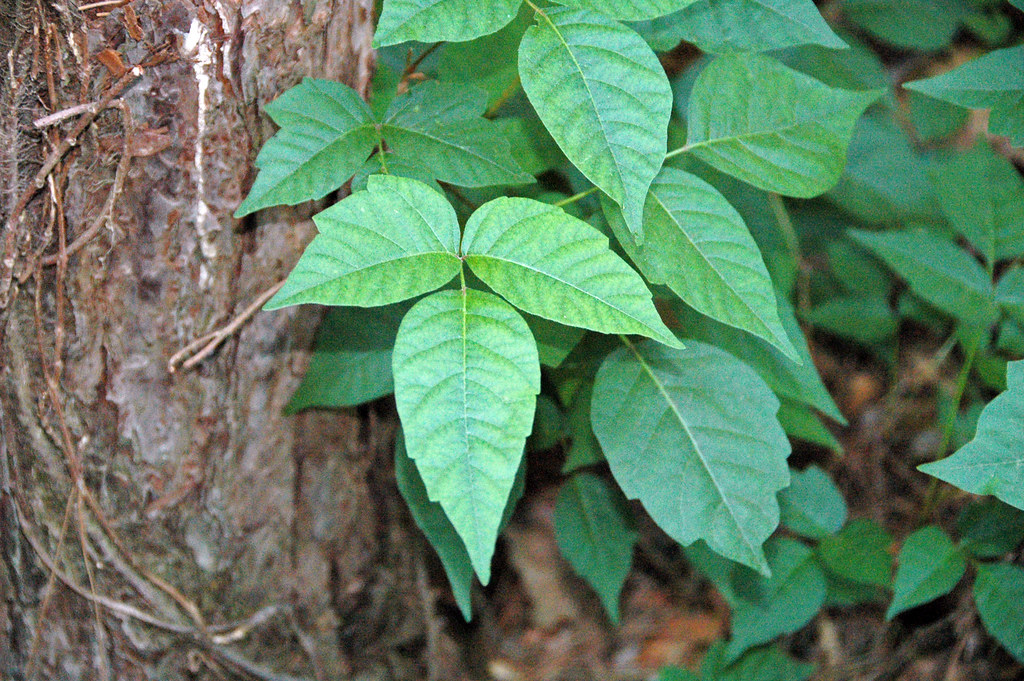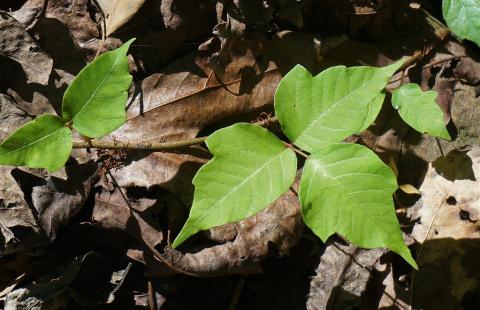
If this is the case for you, there are a couple of alternative methods that are slightly less effective but still work wonders. Of course, home remedies aren’t for everyone, and some people might be concerned about salting the earth around the garden. Third and finally, this method is easy to use directly on poison ivy and around the roots, meaning other plants can still thrive in the garden. Second, it’s inexpensive and can be made using products already in the house. First and foremost, it uses non-toxic ingredients to eliminate the plant naturally instead of relying on potentially caustic pesticides. Using vinegar, salt, and dish soap is the best way to kill poison ivy for a couple of reasons. The poison ivy then dies, making it easy for you to pull it out and stop its spread into your garden. Over several days, the mixture will absorb moisture and use its natural acids to dry out the plant. This homemade concoction can then be transferred to a spray bottle and applied liberally to poison ivy, especially around the roots. Then turn the heat off and allow the mixture to cool before adding the dish soap and mixing thoroughly, but not enough to let the soap bubble. Wait for the salt to dissolve and mix the composition around a little bit. Once you have all of these ingredients, heat the vinegar and salt in a pan on the stove. What you will need it: 1 cup of salt, 1 gallon of vinegar, and several drops of dish soap. If you don’t want to use herbicides or chemicals like bleach, there is a great remedy that can be made at home using common household ingredients. You might want to hold off on calling Batman if you want to kill Poison Ivy.



However, this plant can be a real bother, and it’s, therefore, necessary to get rid of it before it starts to affect the people around it. Many other animals can eat the leaves, birds are fond of the seeds, and bees can help its flowers pollinate. Now, poison ivy is only really a problem for humans.


 0 kommentar(er)
0 kommentar(er)
